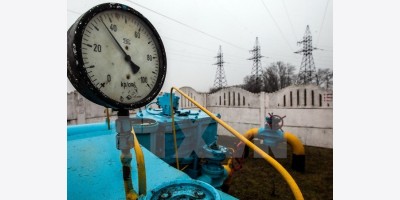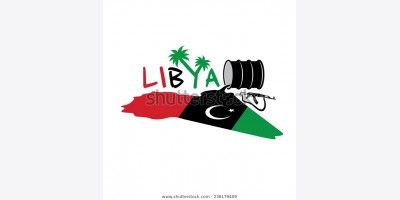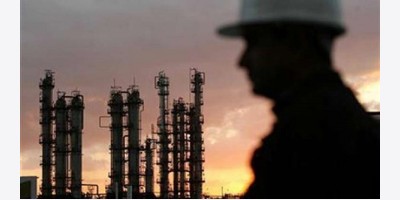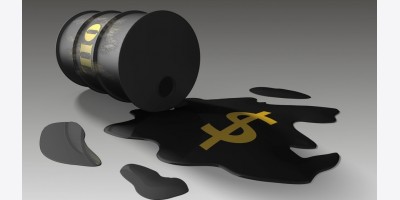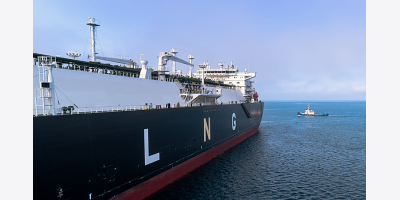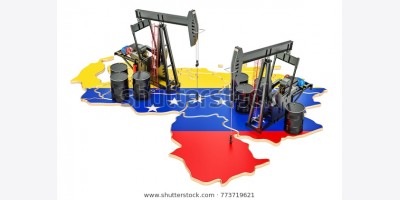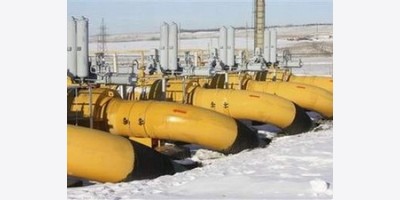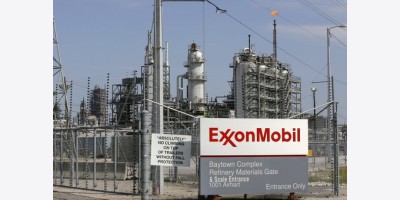In a market already flooded with too much oil, news that legacy projects signed when prices – and prospects – were much stronger are going to begin feeding into increased output is only likely to add to the bearish sentiment.
International benchmark Brent crude, which is based on oil grades shipped from the North Sea, fell yesterday to as low as $47.64 a barrel in London, the lowest it has been since the end of August. On Tuesday morning it remained rooted at around $48 a barrel, below the $50 threshold at which it has recently held firm despite the wider market volatility.
The cause of the slide was a report from Bloomberg, based on an analysis of loading data across the sector, that revealed North Sea output will hit a three-year high in October. Supplies from Nigeria are also set to reach levels not seen for three and a half years, as production is restarted following a shutdown caused by a pipeline leak.
The International Energy Agency confirmed the rise in production and said it reflected "projects… that were sanctioned with oil prices above $100 a barrel" coming online. It coincides with the annual refinery maintenance season, when demand falls as less oil can be processed, and comes at the end of a year in which 5,500 jobs have already been lost in the North Sea.
This reflects big energy companies pulling investment into exploration, part of a global trend as the majors attempt to defend their dividends and share prices. The Financial Times says a report from consultancy firm Wood Mackenzie shows that around $200bn of projects have been shelved already, with more cutbacks likely as the market remains well stocked, China growth slows and Iran prepares to ramp up production following the end of sanctions later this year or early next.
In time, of course, the result will be that "output growth should fall" and there will be "a sharp decline in the number of active drilling rigs", all of which would begin to push prices higher. Motorists enjoying lower fuel prices need not worry just yet, however. "With Opec intent on protecting its franchise of low-cost, high-margin barrels", the supply versus demand balance still has some way to go to bring sustained upward pressure.




